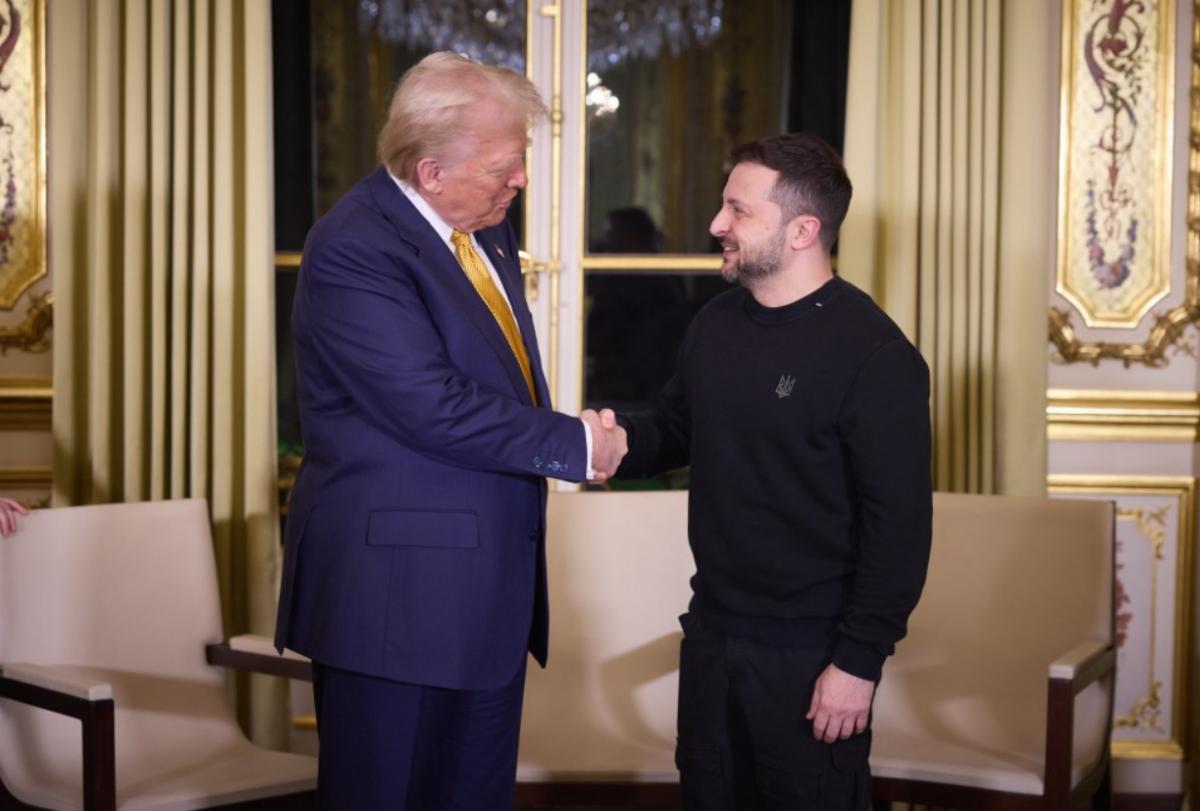
Ceasefire in Ukraine could lead to a repetition of the scenario from World War I, writes former British Army officer Colonel Tim Collins in a column for The Telegraph.
In less than two weeks, Donald Trump will take the oath of office as the 47th president of the United States. The world watches with concern, anticipating his first actions, and many see his promises to end the war in Ukraine as one of the main intrigues.
Russia and Ukraine are exhausted after nearly three years of conflict. Russian President Vladimir Putin, who had planned a swift war, has faced unexpected resistance that has dragged on for years. Ukraine, despite its heroic resistance, is experiencing a shortage of manpower. However, many believe that peace, even if temporary, could be beneficial. But at what cost?
Historical Parallels
In 1905, Russia signed the Treaty of Portsmouth to end the war with Japan. The Russian fleet suffered devastating defeats, forcing the country to modernize its army. This period of reform raised concerns in Germany that by 1916 the Russian army would become invincible, pushing it towards war in 1914.
Peace would allow Putin to survive in office and claim a certain victory, notes Collins. He could use this time to reorganize his forces, modernize the army, and learn from past defeats. Just as Tsarist Russia did after its defeats by Japan, Putin may plan new offensives when his army is ready.
Ukraine, like Germany in 1914, might decide that it is better to strike before Russia regains its strength.
Putin has already learned lessons about the weaknesses of the West. He sees social vulnerabilities caused by internal conflicts, such as the Black Lives Matter movement or tensions related to immigration. In such a scenario, he might envision that divided and demoralized Western societies could become easy targets for information and cyberattacks.
Theoretically, Europe has millions of young men of fighting age, but too many do not see themselves as potential soldiers, which may weaken Europe’s ability to defend against possible aggression, Collins observes.
Putin would likely seek to restore the old borders of the Soviet Union, creating client states in Western Europe and strengthening his influence worldwide.
Lessons from the War in Ukraine
The war in Ukraine has changed the rules of warfare. New technologies, such as drones, hypersonic missiles, precision weapons, as well as cyber warfare, have become defining factors.
Whoever can dominate in the resource, industrial, and social spheres will be able to produce equipment with a technological advantage and win on the battlefield. However, even the most advanced weapons cannot replace the will to fight and win.
Ukrainians are unlikely to count on a long-term peace that could be achieved, for example, through a conditional "Mar-a-Lago treaty." They will prepare for the next round of war. The only question is how the West will prepare for this.
Negotiations between Ukraine and Russia - Relevant
As noted in The Guardian, Donald Trump's inauguration as president of the United States could serve as a starting point for preparations for peace negotiations between Ukraine and Russia.
It was also noted that so far neither Kyiv nor Moscow is ready to make concessions to end the war. Putin wants to retain the territories he has seized, while Zelensky aims to obtain significant security guarantees to avoid further Russian escalation. Among these are Ukraine's NATO membership or the presence of Western peacekeepers in the country.